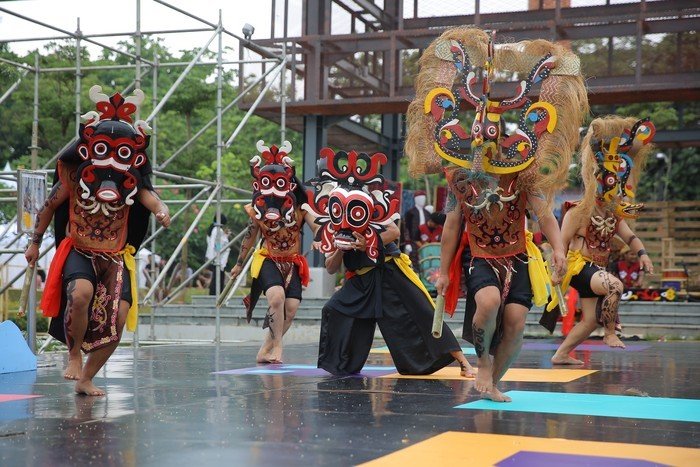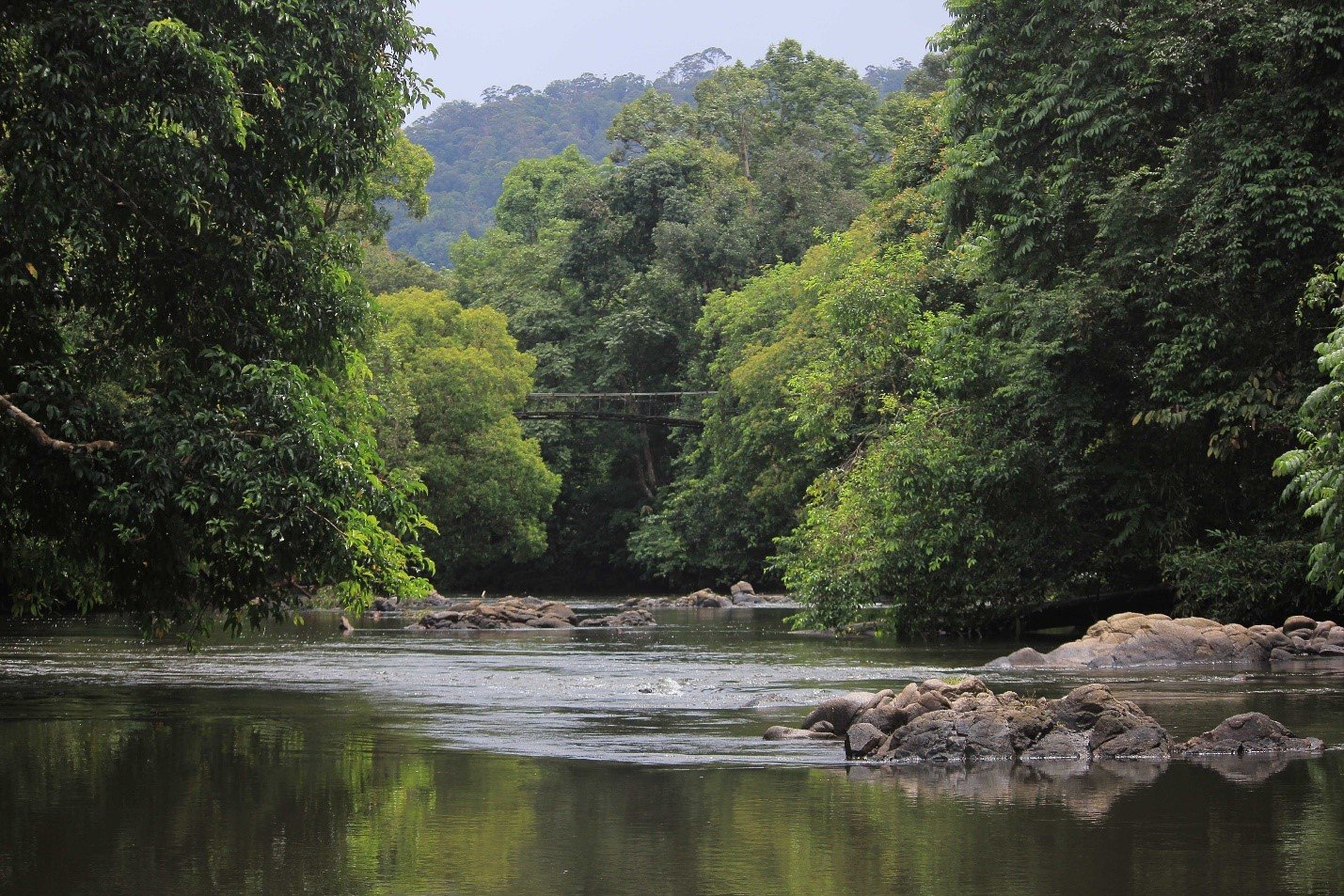Mailing List
Sign up for our mailing list to get latest updates and offers.
Central Kalimantan, especially Lamandau Regency, is home to a deep and diverse cultural richness, especially that of the Dayak Tomun tribe. Dayak Tomun traditions and art have become the main attraction in the world of cultural tourism in this region. One of the events that stands out the most and attracts attention is the Babukung Festival. This festival illustrates how rich and unique the Dayak Tomun culture is, inviting many local and foreign tourists to witness and experience the beauty of their traditions for themselves.
Tomun Dayak culture is known for its various interesting traditions and arts. One of the most striking cultural elements is the Luha, or traditional mask used in the Babukung dance. Luha masks have a variety of designs and colors, each depicting certain characters and stories from Dayak Tomun mythology.
The Babukung dance itself is an art performance that displays graceful and dynamic dance movements, combined with the use of colorful masks. This dance is not just entertainment, but is also a way for the Tomun Dayak people to express their stories, history and cultural values. Every movement and expression in the Babukung dance holds deep meaning and is a form of respect for their ancestors.

Babukung Festival
The Babukung Festival is an annual celebration held in Nanga Bulik, Lamandau, and is usually held in August. This festival carries the theme "Maintaining Traditions, Caring for the Earth, Navigating the Era of Digitalization" to emphasize the importance of preserving culture amidst the progress of the times.
The origins of this festival come from the Dayak Tomun community's death tradition, which was once an important ritual in their community. In native traditions, Babukung is a form of respect and support for bereaved families by holding dances and ceremonies involving the use of traditional masks. Today, Babukung has transformed into a lively cultural festival, with performances that not only entertain but also educate about the rich culture of the Dayak Tomun tribe.
Series of Events at the 2024 Babukung Festival
The 2024 Babukung Festival, which will take place from 8 to 10 August 2024, offers a variety of interesting activities that introduce visitors to Dayak Tomun culture. Some of the main events to enjoy include:
• Luha Carnival: Featuring a parade of traditional masks in a colorful carnival. Visitors can see various mask designs depicting Tomun Dayak cultural characters and symbols.
• Babukung Creative Dance Performance: A dance performance that highlights the beauty of movements and rhythms of traditional music. This dance provides an opportunity to witness firsthand the dancers' skill in using the Luha mask.
• Ethnic Music Performance: Presents traditional music which is an integral part of dance performances. This music adds to the atmosphere of the festival and provides a pleasant audio experience for visitors.
• Photography Exhibition: Exhibits photographs depicting the life and beauty of Dayak Tomun culture. This exhibition provides an in-depth look at the traditions and daily life of the Dayak people.
• MSME Workshop and Bazaar: Provides an opportunity for visitors to learn more about Dayak Tomun culture through workshops and shop for local products from Micro, Small and Medium Enterprises displayed at the bazaar.
Cultural Preservation and its Impact on Tourism
The Babukung Festival not only functions as a celebration, but also as an important cultural preservation effort. By holding this festival, the Lamandau Regency Government is trying to maintain and promote the Dayak Tomun tradition so that it remains alive and relevant amidst changing times. This festival is also part of the 110 Karisma Nusantara Events supported by the Ministry of Tourism and Creative Economy of the Republic of Indonesia, emphasizing the importance of this festival in encouraging tourism and introducing the richness of Indonesian culture to the world.
Photo source: Chelsea Olivia Daffa/detikcom
